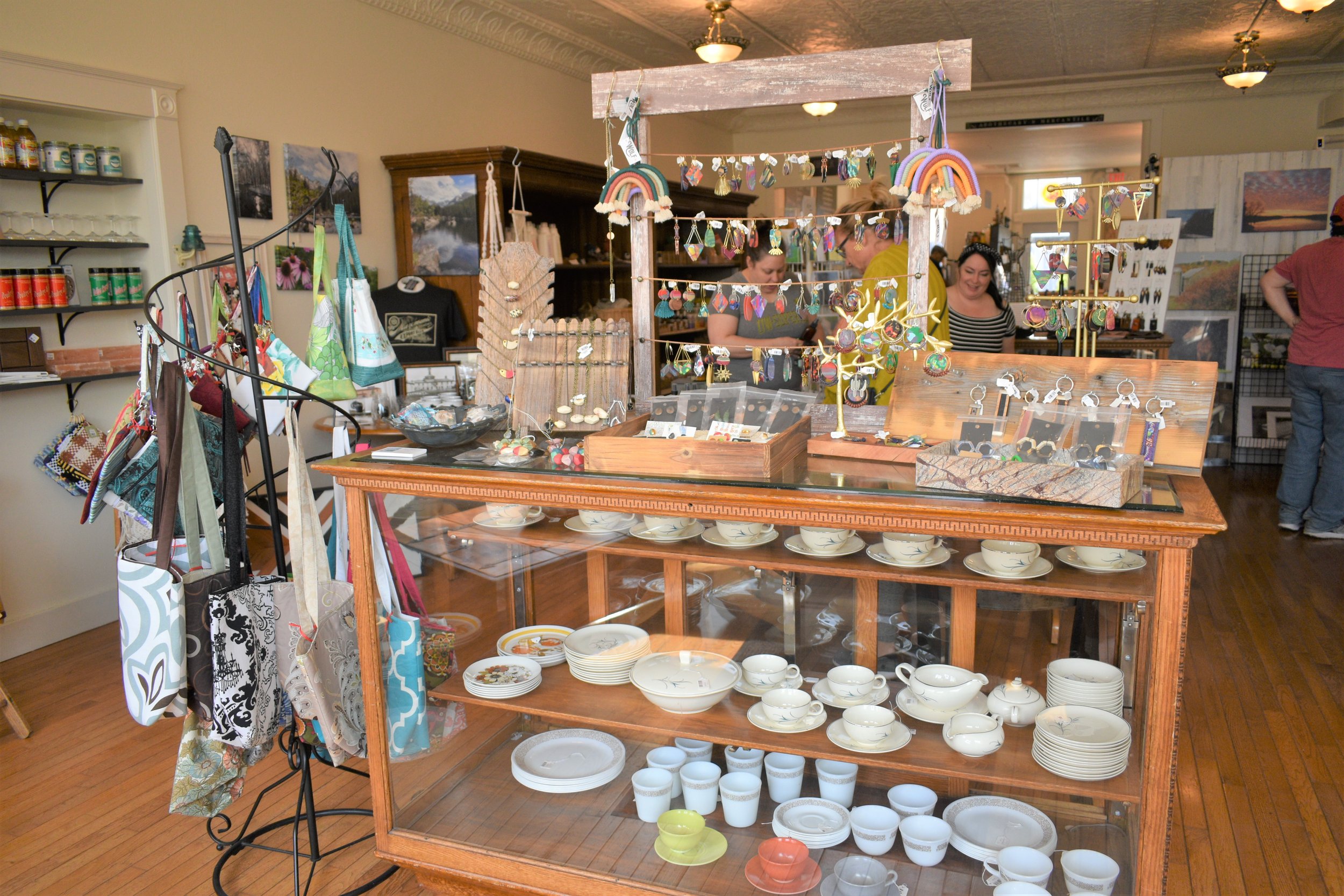A Cold Warrior’s Memory of the JFK Assassination
On this date, 56 years ago, President John F. Kennedy was assassinated in Dallas. It was one of those days, like September 11, 2001, that no one who experienced it will forget.
I was 19 years old, a private in the U.S. Army in Nuremberg, Germany. I had arrived a month earlier from Southeastern Signal School in Ft. Gordon, Georgia, where I had been trained as a radio teletype operator. I was assigned to Headquarters Troop, 2nd Armored Cavalry, in Merrell Barracks, formerly the “SS Kaserne,” described by a German government publication as “…the most important barracks of the Third Reich.” Already, I had participated in an extended exercise in Grafenwöhr, a huge Army training area close to the Iron Curtain, which the 2nd Cavalry patrolled as its mission during the Cold War. It was pretty heady stuff for a young lad from the South Side of Chicago.
It was the third week of November, and the monthly NATO alert had yet to be conducted. Each month, the readiness of NATO forces was tested by sounding an unannounced alert. Every American and Allied military element throughout Western Europe, from Air Force jets at the Rhein-Main Air Force base to front-line Army units like ours, had to scramble to our assigned positions to defend against a Warsaw Pact invasion. It was the height of the Cold War; when that buzzer sounded, we never knew whether it was a monthly alert or the real thing. By November 22, I was anticipating the monthly alert, so I was in my barracks room, inspecting all my gear. It was about 7:00 p.m.
I heard a commotion in the corridor outside my room. A guy holding his transistor radio was running down the hallway shouting, “They shot the president! They shot the governor of Texas!”
As other G.I.s came out of their squad rooms, radios in hand, and details slowly emerged from the fog of confusion, I struggled to make sense of the events. Was it a coup d’etat? Would there be a war? (I thought of the assassination of Archduke Ferdinand and how it sparked World War I.) Who had carried out the assassination of JFK? The Soviets? Would this be followed by an attack on West Germany? A lot of things go through the head of a young man thousands of miles away from home and the events in Dallas. I went back to my room and continued working on my field gear, not sure what would happen.
Apparently, I was not the only one concerned about the possible repercussions of Kennedy’s assassination. The whole world was on tenterhooks. The NATO command wisely decided to forego its monthly alert. Scrambling military forces throughout Europe, moving armor and troops up to the border, could very well spook the Kremlin and accidentally set off World War III. Instead of our monthly alert, we were assembled on the parade grounds of Merrell Barracks after breakfast the next morning, where the regimental commander made an official announcement of the assassination of our Commander in Chief and the change of command to Lyndon Johnson.
The rest of the day, November 23, was given over to routine maintenance, an activity that occupied most of our time in garrison. My platoon sergeant ordered a couple other guys and me to adjust an antenna on the roof of the regimental headquarters building. From the top of the five-story building, I could look down on the residential neighborhood and commercial buildings beyond Merrell Barracks. The sight of every German flag flying at half-mast for our president swelled my heart. The Germans loved John F. Kennedy and appreciated what we were doing to defend their country from Soviet aggression.




